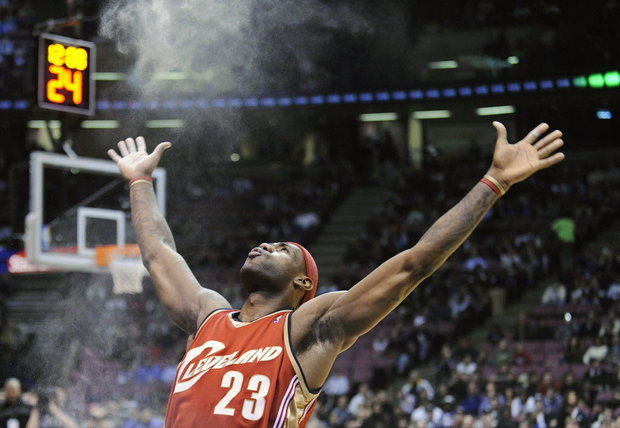Researchers around the world are grappling with a disturbing trend that has sent shockwaves reverberating through the medical community: almost 100 percent of children under the age of two show telltale signs of primary degenerative dementia.
“This is downright frightening,” said Stanford medical researcher Lauren Hilton, who has a personal connection to the issue as her own 17-month-old daughter was recently diagnosed with Alzheimer’s. “The fact that the disease can have its onset this early in infants who are otherwise completely healthy speaks volumes about what sort of unpredictable sickness we’re struggling to cure here.
”
“Degeneration of cognitive function is an early warning sign,” said Hilton. “If your child is startled or delighted when you uncover your eyes with your hands and say ‘PEEK-A-BOO!
’ it is most likely Alzheimer’s interfering with their sense of object permanence.”
Likewise, developed motor skills often take a turn for the worse after the onset of Alzheimer’s.
“If your baby stumbles or even falls when taking their first steps, you should further test for Alzheimer’s by asking them to read a passage out of a well-known book—“David Copperfield,” for example.
If they stare blankly or try to chew on the book, see a doctor immediately,” she recommended.
Other signs that your baby may have Alzheimer’s include being unable to remember what he or she did yesterday, producing copious amounts of saliva and making vocal noises that are unintelligible and repetitive.
It is every parent’s worst nightmare to have to bring in his or her child for diagnosis for Alzheimer’s, but it is the kindest thing you can do for everybody, the study concluded.


